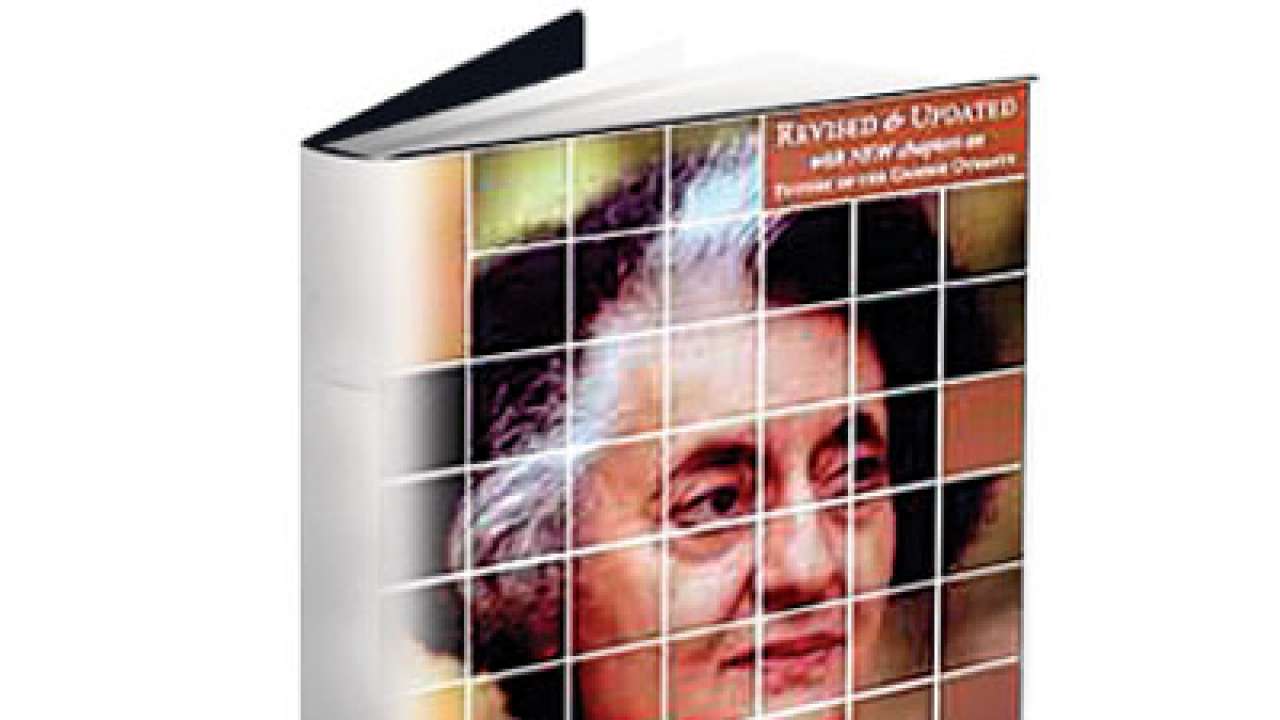
Book: Indira Gandhi: A Personal and Political Biography
Author: Inder Malhotra
Publisher: House Publishers India /395pages
Cost: Rs599
For the generation born after 1984, Indira Gandhi is probably just a name from history books. For the generation before, she was probably the tallest leader of the times. Following in the footsteps of giants like Mahatma Gandhi, Jawaharlal Nehru and Sardar Patel two decades after independence would have been no mean feat for anyone — and more so for the demure woman who was called gungi gudiya when she succeeded Lal Bahadur Shastri as prime minister of India in 1966. Over the next two decades, gungi gudiya became 'Goddess Durga'; there was also that famous slogan, 'Indira is India'. Veteran journalist Inder Malhotra's, Indira Gandhi: A Personal And Political Biography, could not have been updated and released at a more opportune time.
Malhotra, who has been a journalist since 1956, had a ringside view of happenings and has come up with a riveting account of Mrs Gandhi's life and times. This is a must read for anyone interested in India's history during those turbulent times. More so today with both India and the Congress at the cusp of a change in leadership as one generation passes on the baton to the next.
The book, which was first released in 1989, has been updated and revised this year. It has new chapters on what Malhotra considers to be the future of the Gandhi dynasty.
Written in an action packed style starting with Mrs Gandhi's assassination, the book holds one's interest right till the end. Tracing her life from her birth in the Nehru household, the writer takes us on a journey that includes her marriage to Feroze Gandhi, her role as her father's confidante, her transformation from gungi gudiya to 'Goddess Durga', her finest hour during the war with Bangladesh, the decline immediately thereafter, the excesses during the emergency, the tragedy of her son Sanjay's death and her transformation into a leader who oversaw the decline of leadership in both the party and the government. The writer does a fair job of showing us Indira Gandhi's many sides, warts and all. There is also a chapter on Mrs Gandhi as a matriarch that brings out the humane side of the erstwhile prime minister.
No dissertation on Indira Gandhi can be complete without focusing on her leadership style, her blind faith in her progeny and her policies and programmes. With the benefit of hindsight, the writer would have done well to delve more on her socialist leanings, the relationship with the erstwhile USSR and the non-relationship with the United States during her time. This is particular so, considering it is the Congress that has taken the lead in reversing some of the positions taken during her time, be it the relationship with the US or the opening up of our markets and the increasing role of the private sector in our economy. What might have been if Indira Gandhi had taken a position divergent to what she did is a question left for other writers to answer.
Overall, the book is recommended reading for all those interested in the history of India.